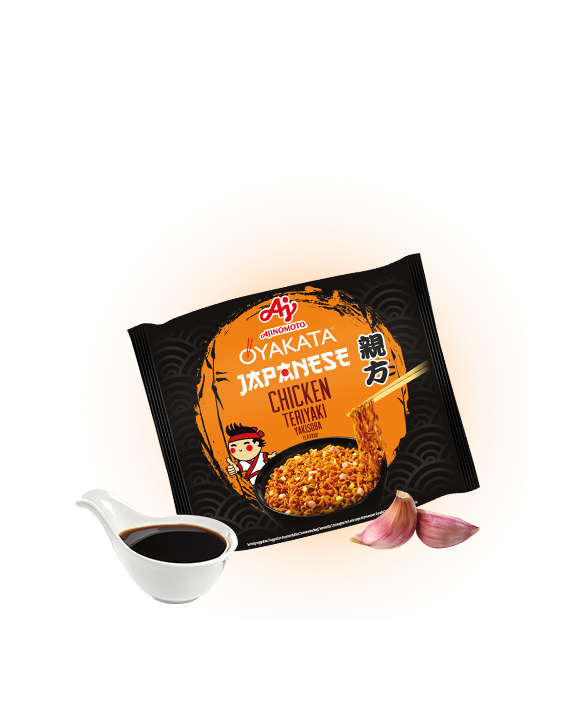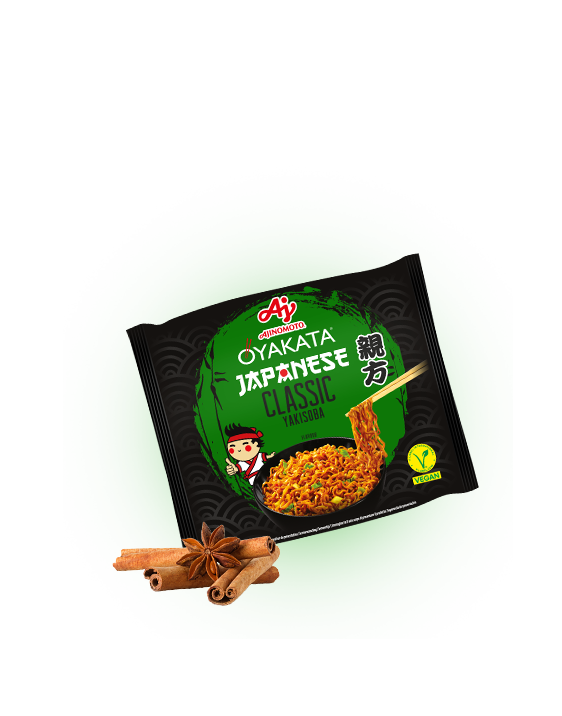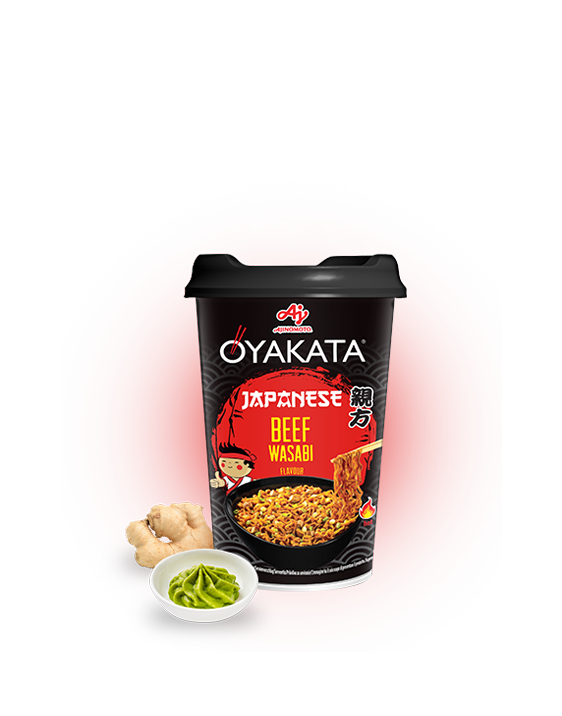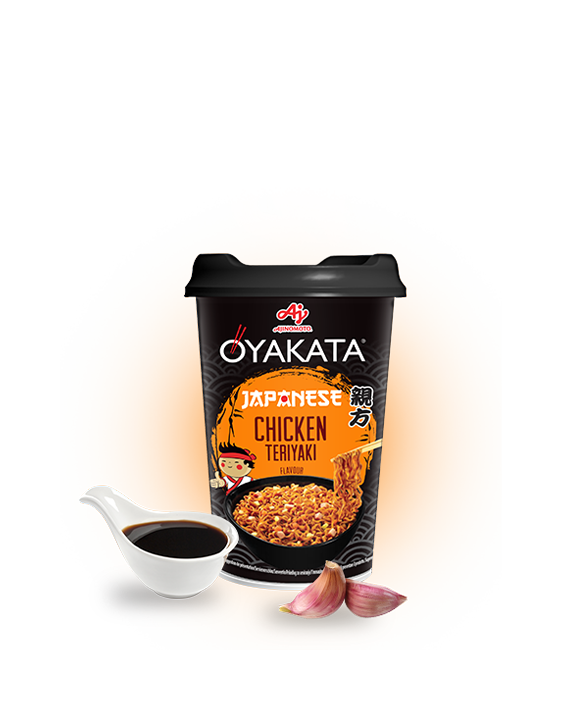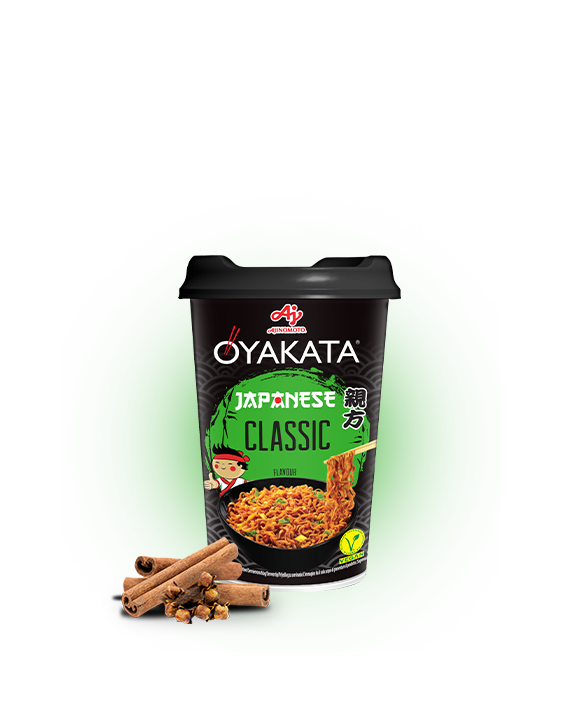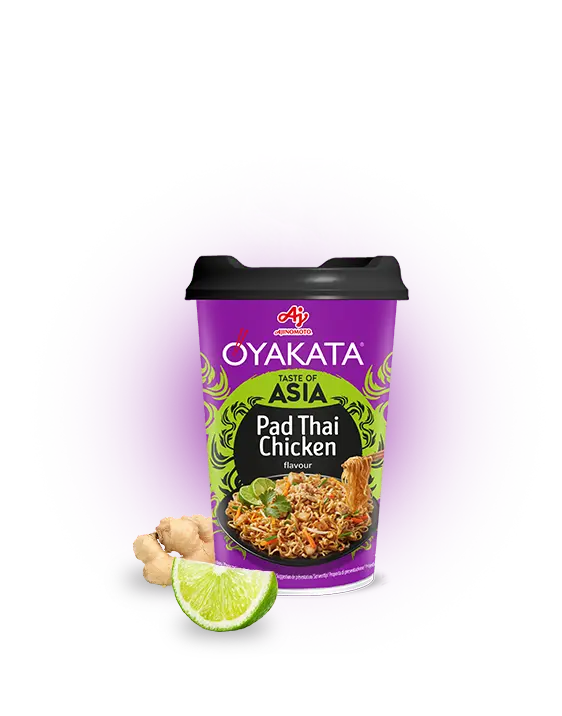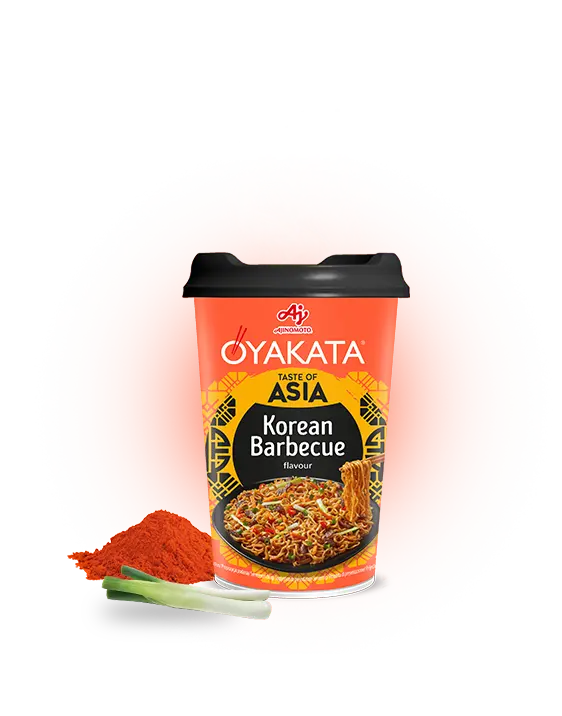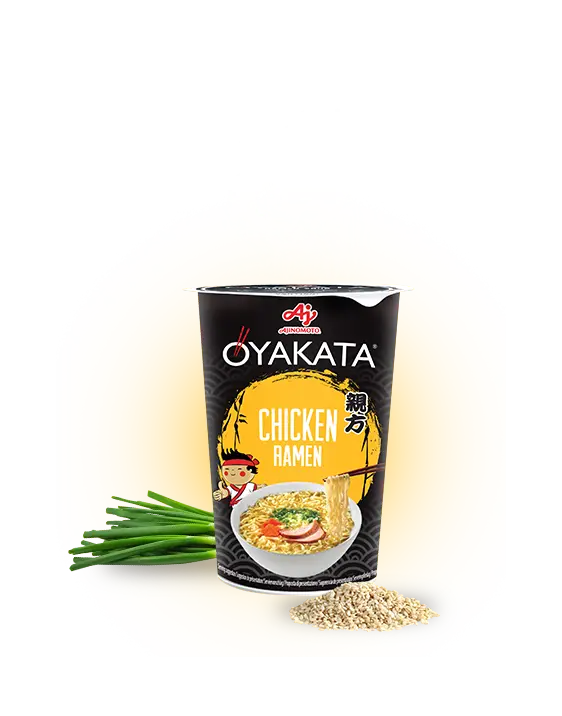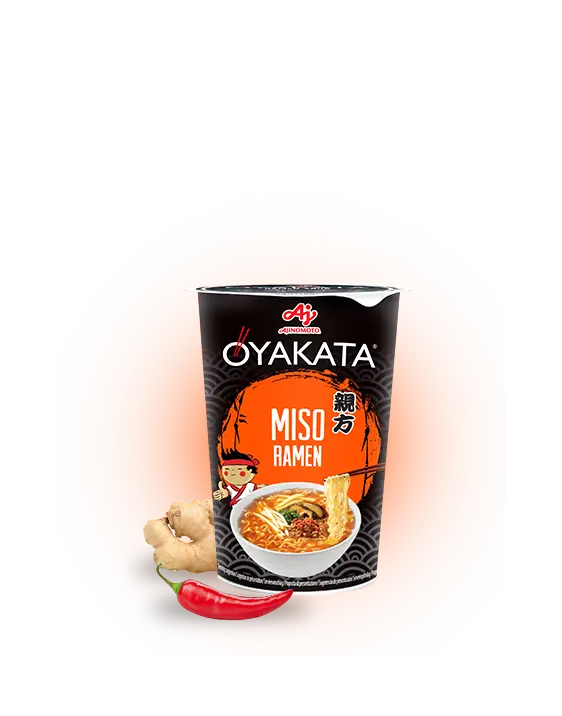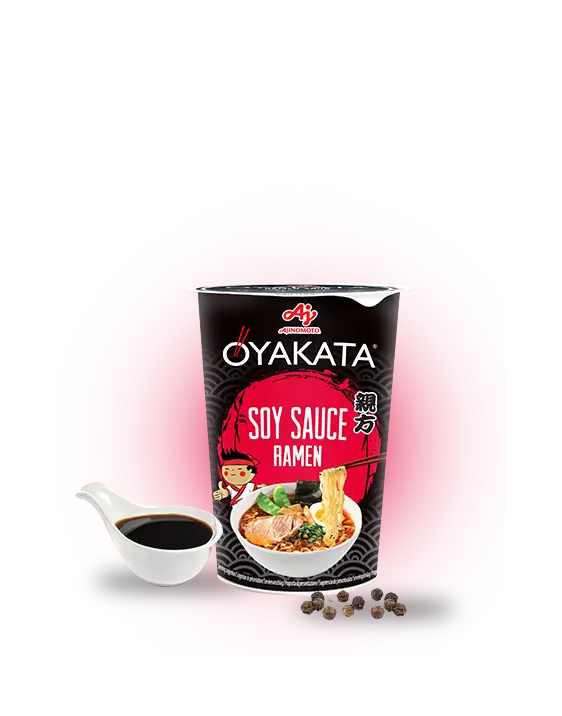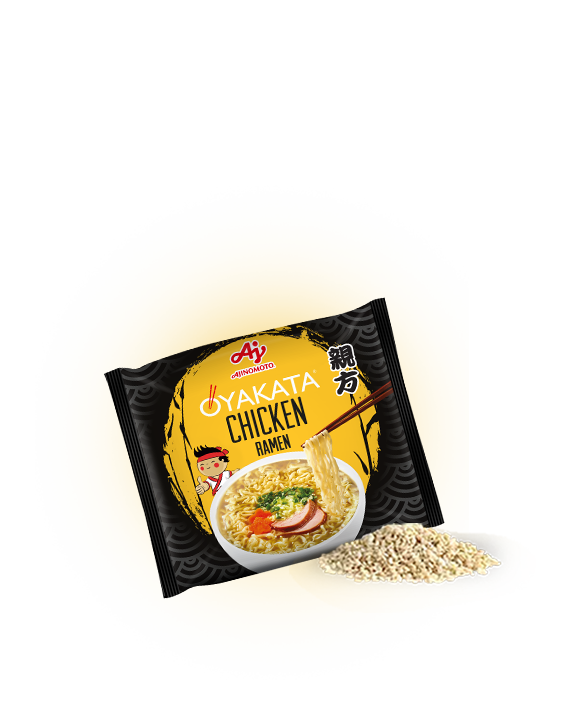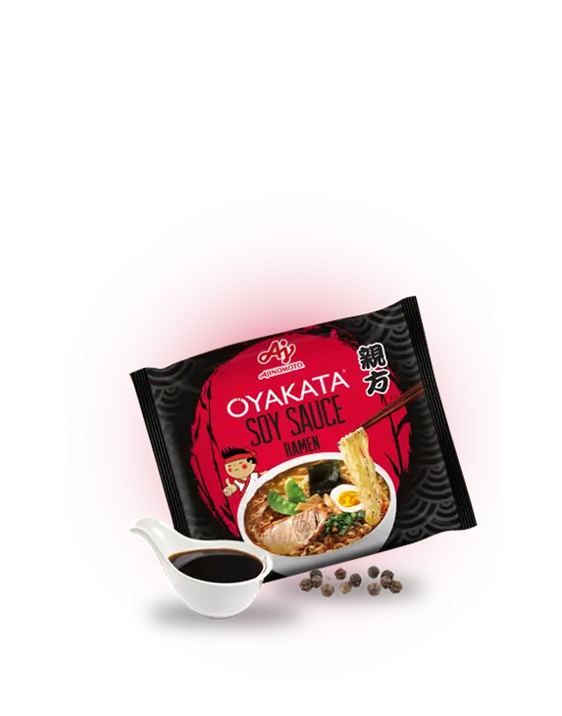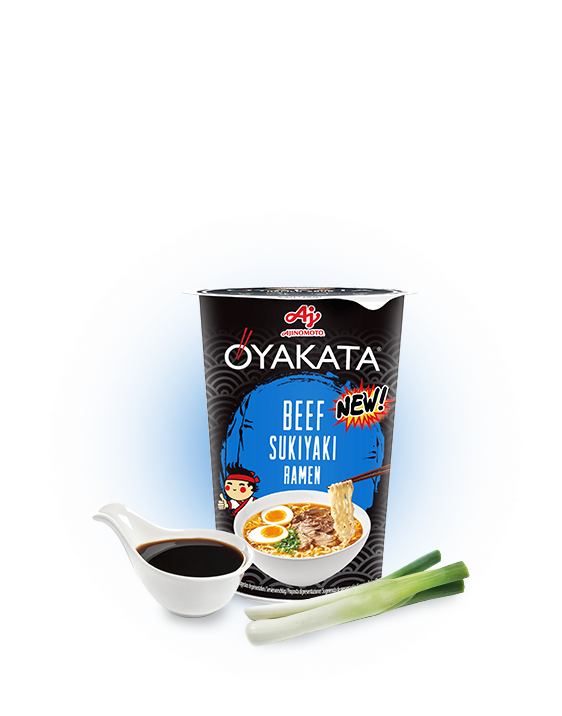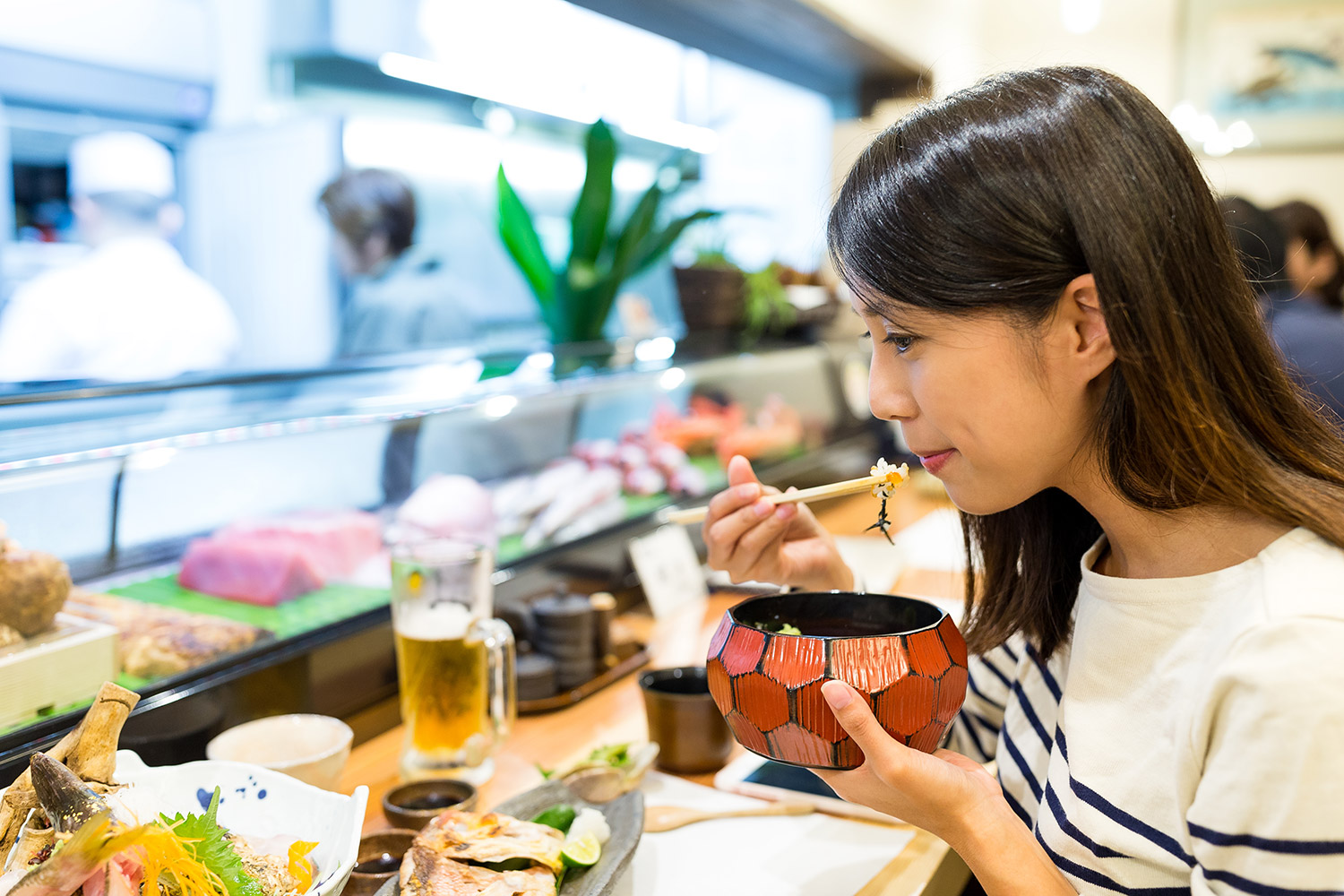

JAPANESE EXPRESSIONS USEFUL IN A RESTAURANT
Restaurant conversations
Though it could seem that English is now basically the other native language almost worldwide, it is not that obvious in Japan. Despite the years of American occupation, despite Japan’s dynamic development internationally and general social and cultural progress, not all Japanese are fluent English speakers. This is partially because of their specific nature – they do not speak a foreign language in fear of making a mistake. A typical Japanese approaches all tasks (even linguistic ones) very seriously so if they do not know the answer, they would rather take a step back than come off as incompetent. As easy as it is to give directions by pointing to a phone with a GPS, things may become much harder when it comes to ordering foreign-sounding dishes. You can obviously find English menu in many restaurants (or quickly type the required word in an online translator) but for the comfort of your Japanese taste explorations you may want to learn at least the basic Japanese expressions.
The basic words and expressions
レストランへ行きましょう。(Resutoran he ikimashou) – Let’s go to the restaurant.
二人用のテーブルをお願いします。(Futariyou no tēburu wo onegai shimasu) – A table for two, please.
クレジットカードは使えますか? (Kurejittokādo wa tsukae masu ka?) – Do you accept credit cards?
メニューをください。(Menyū wo kudasai) – Could I get a menu?
ご注文はお決まりですか?(Gochūmon wa okimari desu ka?) – Can I take your order?
ですまず飲み物を頼みたいです(Dewa mazu nomimono o tanomitai desu) – First I would like to order something to drink.
お勧め品は何ですか (Osusume hin wa nan desu ka?) – What could you recommend?
___ をください。(___o kudasai) – I would like….
水をください。(Mizu o kudasai) – I would like some water
いただきます (Itadakimasu) – An equivalent of “Bon appétit”; it literally means thanking the gods for a meal.
お勘定をお願いします (Okanjō o onegaishimasu) – Check, please.
別々にお願いします (Betsu betsu ni onegaishima) – We will pay separately.
有難う ありがとう (Arigatō) – Thank you.
Words in a Japanese restaurant
朝御飯 (asa-gohan) – breakfast
昼御飯 (hiru-gohan) – lunch
晩御飯 (ban-gohan) – dinner
鳥肉 (tori-niku) – poultry
豚肉 (buta-niku) – pork
牛肉 (gyū-niku) – beef
魚 (sakana) – fish
紅茶 (kōcha) – black tea
お茶 (ocha) – tea (green)
コーヒー kōhī – coffee
卵, 玉子 (tamago) – egg
米 (kome) – rice (raw)
胡椒 (koshō) – pepper
塩 (shio) – salt
Japanese table manners
Proper vocabulary is only one element of getting ready for a visit in a Japanese restaurant. It is just as important to learn the manners expected at a Japanese table. Though they are of no major importance in many Europeanised establishments, ignoring Japanese customs in traditional Japanese restaurants may be considered a real blunder. It is a good idea to learn when to start the meal, what tools to use with particular dishes and how to behave once you have finished eating. No real traveller can imagine a distant trip without culinary attractions. Knowledge of the basic Japanese expressions and awareness of the differences in the manners to be followed during meals will definitely make visits in Japanese establishments much easier and will allow you to fully enjoy the meal. Ganbatte! Good luck!
